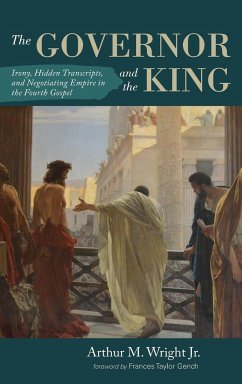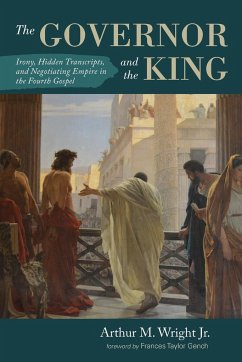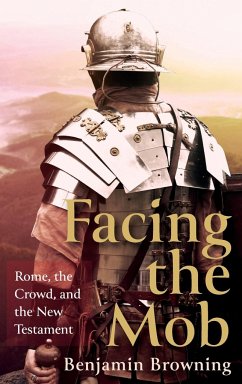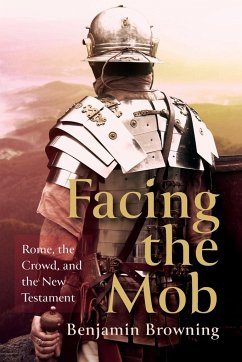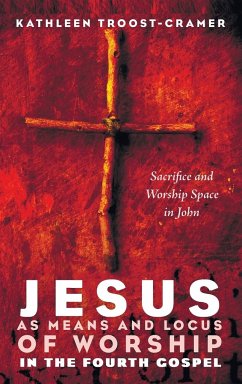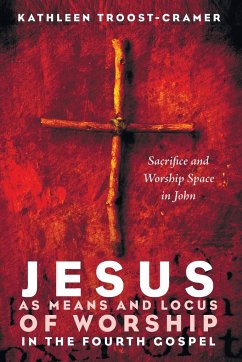The Fourth Gospel is a political document. Although it has often been interpreted primarily as a ""spiritual gospel,"" it has much to offer readers engaged in the difficult task of negotiating life lived under the dominion of empire, whether in the first or twenty-first century. This book gives careful attention to the political dimensions of the Gospel's Passion Narrative, including the arrest scene (18:1-12), the Roman show trial (18:28--19:16), and the crucifixion and burial of Jesus (19:16-40). It employs James C. Scott's model of hidden transcripts and examines the Fourth Gospel's use of irony as it seeks to understand the political dimensions of the Fourth Gospel and its relationship to the Roman Empire. In this book, Wright argues that the Passion Narrative displays part of a Johannine hidden transcript that resists, contests, and at times mimics elements of Roman imperial power. The Gospel mocks the representatives of Rome, including Pilate, the Roman soldiers, and the Jewish authorities, eroding confidence in the empire and its agents. It also subverts Roman imperial claims of dominance, authority, and power. As such, the Fourth Gospel fosters an alternative worldview and community, one centered on faith in the sovereignty of Jesus and Israel's God. ""What happens when you combine perceptive literary analysis of John's Gospel, a keen ear for the rhetorical effects of irony, careful attention to the late-first-century Roman imperial context, and deft use of James Scott's work on strategies for indirect resistance to imperial domination--all of it conveyed in lucid, engaging prose? The result is Arthur M. Wright's excellent new book, The Governor and the King: Irony, Hidden Transcripts, and Negotiating Empire in the Fourth Gospel. This is a welcome addition to scholarship on the Fourth Gospel, especially its passion narrative, and on early Christian responses to the realities of empire."" --John T. Carroll, Harriet Robertson Fitts Memorial Professor of New Testament, Union Presbyterian Seminary Arthur M. Wright Jr. is Associate Professor of Spirituality and New Testament at the Baptist Theological Seminary at Richmond. He is also a member of the editorial board of the Review and Expositor journal, and serves as co-chair for the Jesus Traditions, Gospels, and Negotiating the Roman Imperial World program unit of the Society of Biblical Literature.
Hinweis: Dieser Artikel kann nur an eine deutsche Lieferadresse ausgeliefert werden.
Hinweis: Dieser Artikel kann nur an eine deutsche Lieferadresse ausgeliefert werden.

